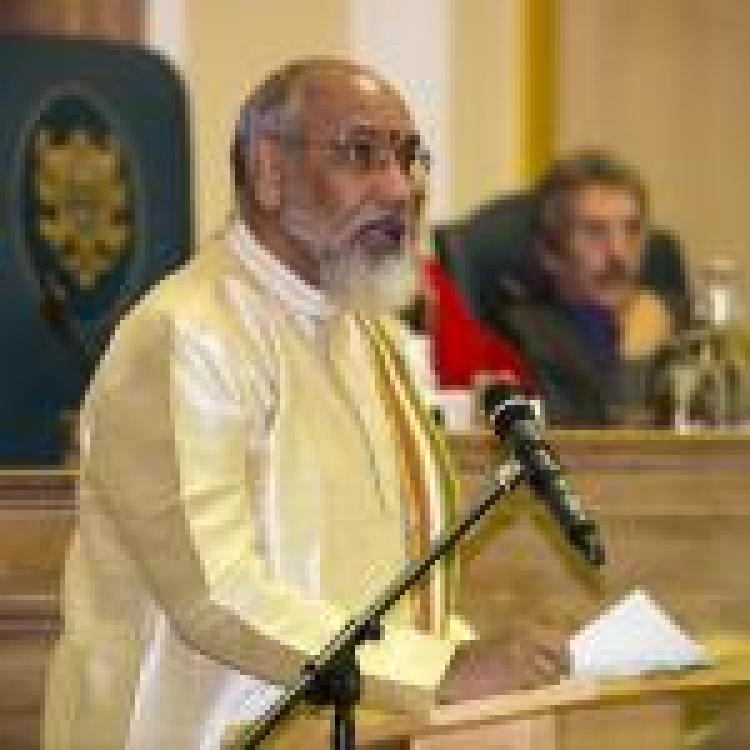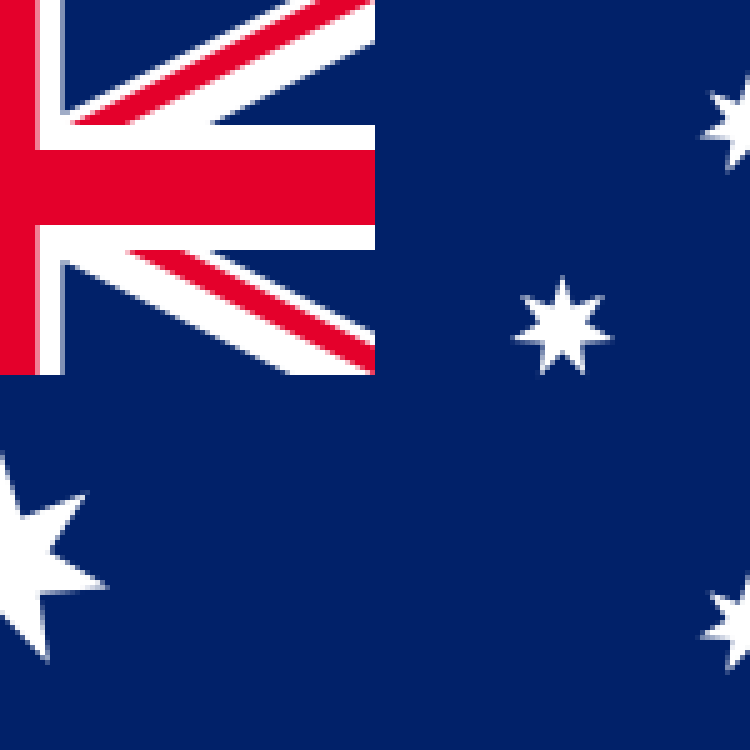.jpg)
In a landmark decision, the British Upper Tribunal has recognised the risk of arrest and torture Tamil activists face in Sri Lanka in a judgement granting an appeal to two Tamil asylum seekers in the case known as KK & RS vs the Home Secretary.
The case centred on the asylum appeal of two Tamil refugees who were detained by Sri Lanka’s security forces and subject to torture. The Home Office rejected their claims and alleged that they were not at risk of abuse upon returning to Sri Lanka as they were not high-profile figures. The tribunal rejected this claim.
The International Truth and Justice Project (ITJP) has documented 178 credible cases of torture from 2015-2018, excluding 22 individuals abroad who reported torture following the UN special investigation. A further 5 cases have been documented since Gotabaya Rajapaksa came to power with the ITJP noting that, "this likely represents the tip of the iceberg".
The tribunal further defined the Government of Sri Lanka (GoSL) as “an authoritarian regime with a poor human rights record and a hostile attitude towards Tamil separatism”.
In this judgement, the tribunal noted that the Government of Sri Lanka (GoSL) drew “no material distinction between, on the one hand, the avowedly violent means of the LTTE in furtherance of Tamil Eelam, and non-violent political advocacy for that result on the other” and viewed separatist demands as “a threat to the integrity of the Sri Lankan state”. The judgement further noted that the GoSL maintains, “extensive intelligence-gathering regime” which has engaged in infiltrating Tamil groups, photographing demonstrations, and monitoring social media.
Expert evidence
In making this judgment the tribunal took into consideration the expert witness statements of Dr Sutha Nadarajah of SOAS and independent analyst Dr Chris Smith and Professor Rohan Gunaratne.
In his submission, Smith maintained that Sri Lanka viewed all Tamil diaspora activities are political and in opposition to GoSL and further stated that it was very unlikely “for an individual to engage in political separatist activities within Sri Lanka without being detained and ill-treated”.
He further notes that the GoSL was unlikely to “differentiate between a person advocating federalism and one who urged confederalism” as both were seen as “two sides of the same coin.”
Smith further highlights not only the death threat protesters faced by former Defence Attaché, Brigadier Priyanka Fernando in February 2018 but case studies of family members in Sri Lanka who “had been harassed (or worse) by the authorities on account of a relative engaging in diaspora activities”.
In addition, Nadarajah, notes the wide-ranging proscription of hundreds of individuals and several Tamil diaspora organisations in March of this year. The ostensible purpose behind this was to enable authorities to take action against suspected members or supporters under Sri Lanka’s draconian Prevention of Terrorism Act. This act has been widely condemned by the international community as it permits Sri Lankan authorities to detain individuals without charge and has been linked to torture. In March Sri Lanka expanded upon this legislation despite having previously claimed a commitment to repeal it.
The Tribunal further upheld the “HJ Iran principle” which maintains that people can’t be expected to abandon their political activities so as to avoid persecution. The report notes,
“RS is aware of this risk and we have found that at least a material reason for her concealing her separatist beliefs would be to avoid being ill-treated”.
Read the full judgement here.






